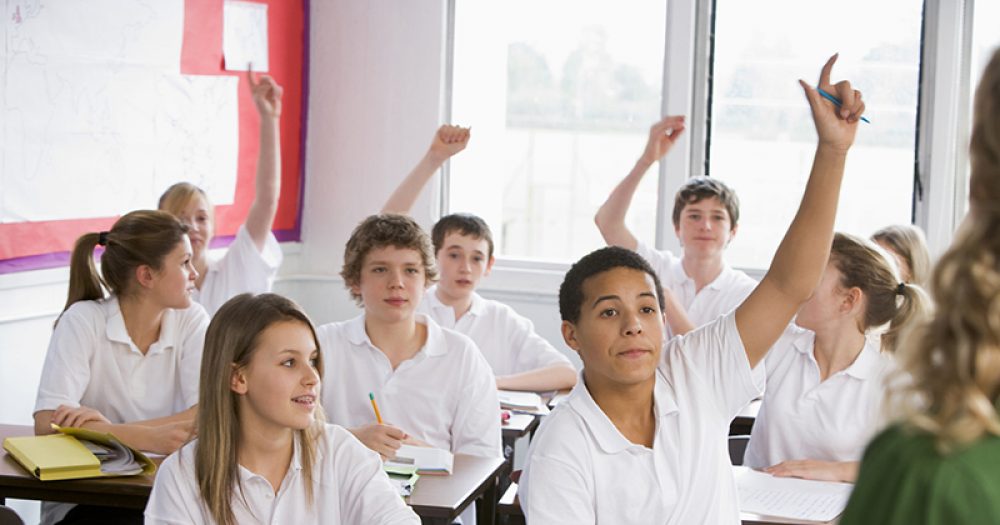Secondary schools with the most ethnic diversity help pupils develop the most positive feelings towards other races, and “promote social cohesion” according to new research.
A study of almost 4,000 year 10 pupils from 96 state schools in England found that although pupils tended to have warmer feelings for their own ethnic group, those attending schools with a greater mix of ethnicities had warmer feelings towards those from a different ethnic group than pupils in less mixed schools.
The research, carried out by the University of Bristol and the London School of Economics, focused on three ethnicities: white British, Asian British and black British. Researchers asked pupils about the warmth of their feelings towards fellow pupils of different ethnicities and how many friends they had from different ethnic backgrounds, as well as surveying social and political attitudes to “openness”.
On a scale from zero to 100, results showed that the warmth felt by a black pupil towards white pupils increased by 1.04 points for each 10-per-cent increase in white pupils at their school, and the warmth of white pupils towards black pupils increased by 1.74 points for every 10-point increase in the share of black pupils at their school.
However, the report also found that black and Asian pupils had similarly warm feelings for white pupils as for their own ethnicities in schools which were 60 per cent white or more, but white pupils maintained some negative feelings towards other ethnicities regardless of how mixed their schools were.
This is particularly the case for the feelings of white pupils toward Asian pupils. Initially a greater number of Asian pupils has a positive effect on the attitude of white students, but this tails off and in schools that have around 30 per cent Asian students, the attitude of white pupils becomes negative.
Boys were found to have a lower warmth for all ethnic groups, including their own, and although parental education did not appear to effect the way pupils felt about other groups, the number of books in the home was strongly associated with more positive outcomes.
Contact with other ethnicities in school is a “positive force” and a “highly segregated school system will generate a lot of pupils with negative orientations towards other groups”.
“Towns and cities with ethnically segregated schools have much lower levels of mutual regard among teenagers from different ethnic groups. The value to researching and implementing policies to encourage integration and contact is therefore clear,” the report concludes.
In a joint statement, the study’s authors, Professor Simon Burgess from Bristol and Professor Lucinda Platt of the LSE, said education policy should focus on how to encourage mixed schools and contact with other ethnicities.
“Our results show that even small moves away from largely mono-ethnic schools towards more mixed ones produce positive changes. It is not the case that anything short of full integration is pointless,” they said.







Your thoughts